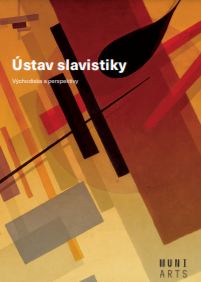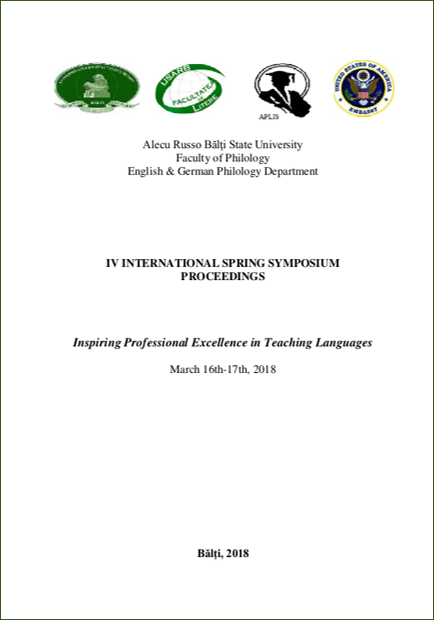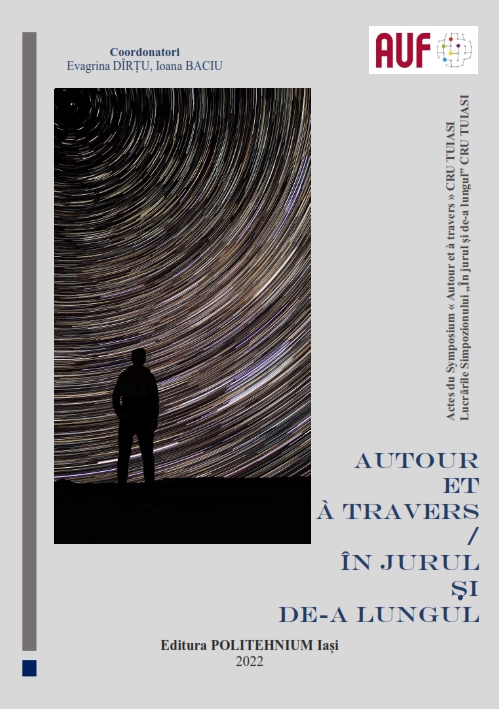
Szekspirofobia? Mowa krótka w Jana Śniadeckiego obronie
This article focuses on Jan Śniadecki (1756–1830), an eminent Polish philosopher of the late Enlightenment period, and on his attitude to Shakespeare. Jan Śniadecki was a major figure in the debate on the shape of modern literature and culture in Poland in 1818–1825. A representative of classicising Enlightenment values, Śniadecki was seen as a conservative and an opponent of Romanticism, and as such he famously makes an appearance in Adam Mickiewicz’s ballad “Romantyczność”, a poem whose motto is taken from Shakespeare. Śniadecki has been accused of harbouring an aversion to Shakespeare, and he has met with ridicule for a passage in one of his treatises where he wonders if a more polished and well-educated 19th-century Shakespeare would have made a better playwright. As shown by the authors of this study, Śniadecki was not actually hostile to Shakespeare, whose genius he hailed on numerous occasions. What he found objectionable was the unquestioning adulation for the author of Richard III, a phenomenon we now call Bardolatry, as distinct from the more positive term of “Shakespeare mania” which denotes a broad fascination with the assimilated heritage of the English playwright. It appears that Śniadecki has fallen victim to a stereotype made permanent by the lasting success of the Romantic aesthetic in Polish culture.
More...



